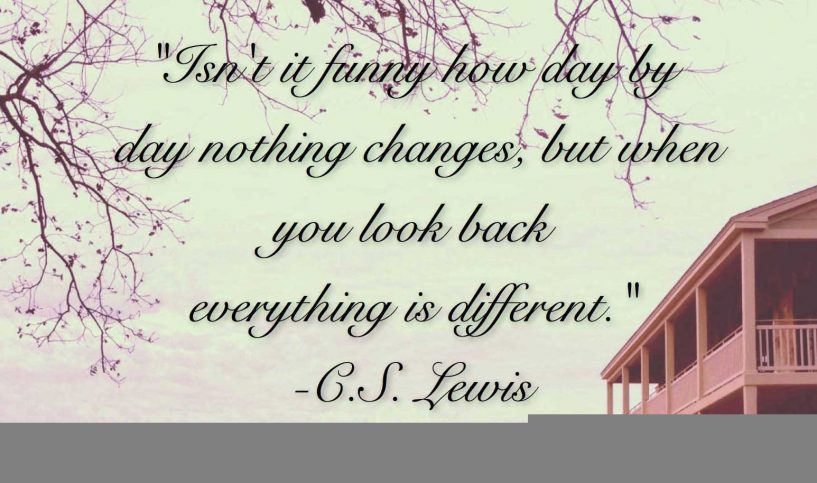I have a wonderful, close friend I’ll call Ruby. Two years ago, her doctor told her that the condition of the discs in her spine meant that she absolutely, positively MUST stop making excuses, get more active and lose some weight. He was quite firm with her about the consequences of not doing something drastic, and mentioned words like “surgery,” “steel rods,” and “titanium screws” and other horrible things she did not want to contemplate.
Ruby took the doctor’s words to heart and spent a year getting back in shape, watching her diet, and following a regimen that resulted in the loss of 80 pounds (36 kilos) and a whole new lease on life. She was active, walking or running nearly every day. She told me that she felt “amazing.” Better than she had in years. I saw her over that summer two years ago, and we did some fun things together. She was like a new person.
This past summer, I saw her again. She’s regained 60 pounds (28 kilos), and she is once again struggling with chronic pain, limps as she walks, and her exercise routine has been reduced to walking for 15 minutes a day on the treadmill. We did way less together (we sat more) this time than we had the year before.
We are long time friends, Ruby and I. We talk about everything in our lives and in general (we joke that if we weren’t already busy, we could probably rule the world) and we talked about the difference one year made. Ruby said, “I had a goal [to lose weight and be healthier] but I never considered that the reason I wasn’t healthy and had gained weight in the first place was because there was something wrong with my thinking. I didn’t change my thinking about myself, how I am always last in my own consideration, and I strongly resented the feeling of needing to be “selfish” to get healthy. When I did get to my target weight, I celebrated by going out for dinner with my husband, ticking ‘Done’ on my To Do List, and immediately – the very next day – went back to my old habits. It was actually a relief to stop fighting with myself over the time ‘getting healthy’ was taking every day.”
Lifestyle wellness requires more than just a change in health. To achieve lifestyle wellness, there must be a parallel renovation of thinking, and this is the challenge for most people. There is a big gap between doing things differently, and being different. Anyone, including me, can sustain a determined effort for a period of time to accomplish a desired end, but if there is no consideration of what happens when that goal is reached, then the ‘determined effort’ fades away, the habitual thinking takes over with a vengeance, and all the benefits of achieving that goal – in this case lifestyle wellness – are undone. Usually in less time than it took to accomplish the goal.
Finding and maintaining a healthy balance between caring for myself and responding to the needs/demands of others is lifestyle wellness. When I am so caught up in the responsibilities I have to others (family, work, relationships, friends) that I am no longer important enough to make wise, healthy choices for my own good, something is very, very wrong. And that ‘wrong’ is manifested in poor physical and psychological health. To really renovate your life and find that all-important balance for lifestyle wellness, the change has to be mental, physical, emotional, and psychological. Which means it doesn’t all happen in the gym or on a dinner plate.
Ruby is back on track, losing weight again, but this time she is using a holistic approach. Not only is she exercising again and being mindful of her diet, she’s also seeing an Emotional Fitness Coach, and at the same time, has begun seeing a Cognitive-Behavioural Therapist who specializes in this area of psychology. This time, Ruby’s determination is directed toward a goal that is far more long-term than the first time. She has decided she wants to be “…in the best shape I can be when I die. Whenever that is.”
Sounds good to me.
Lifestyle wellness simply will not happen if I am a) unwilling to acknowledge my own needs – all of them – and b) choose at least a good portion of the time to give priority to those needs over anyone else’s.
Period.
Food for thought – In what ways do you wish you were healthier? What would you need to do/change to make it so?
Dr. Susannah-Joy Schuilenberg is a Canadian psychologist traveling the world on a busman’s holiday. Bossy from birth, compassionate by choice, and funny by accident, Dr. Susannah writes about anything that catches her attention. Visit: www.soorcenter.com or follow her on Twitter: @drsusannah








